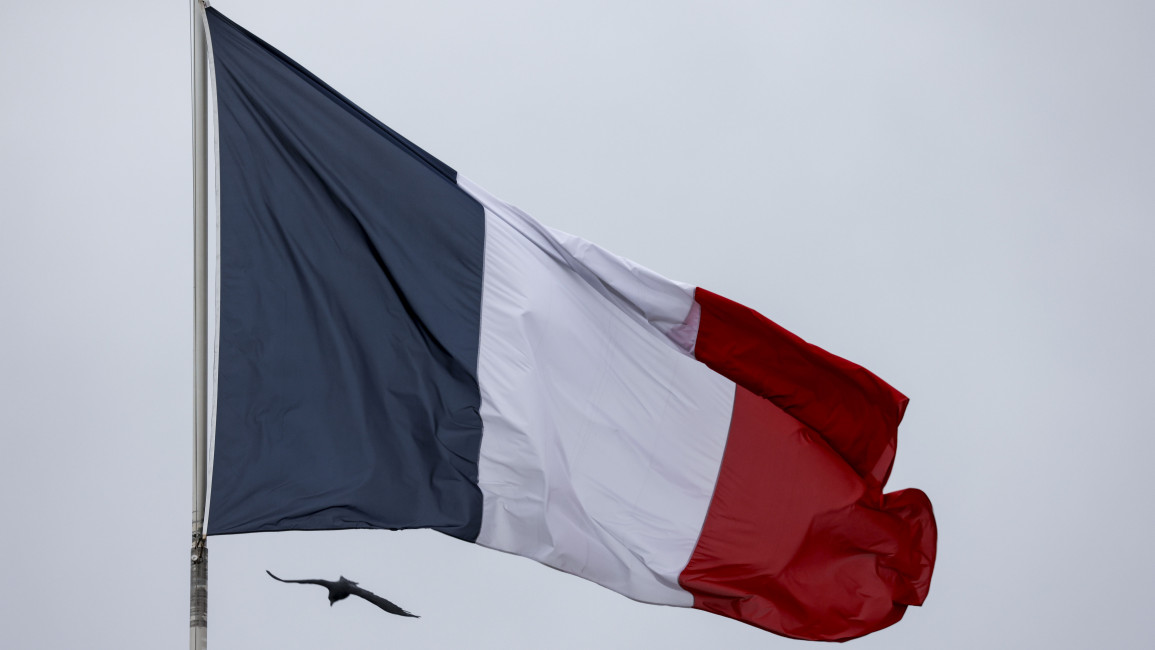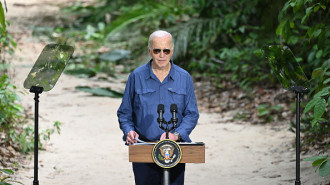French tech firm charged over Libya cyber-spying
French prosecutors have charged a French IT company that allegedly helped the regime of Libyan dictator Muammar Gaddafi spy on opposition figures who were later detained and tortured, sources close to the inquiry said Thursday.
Amesys, which is now owned by the Bull technology group, and its former chief, Philippe Vannier, were charged with complicity in acts of torture on June 18, the sources said.
The inquiry was opened in 2013 after a complaint by two French-based NGOs, the International Federation of Human Rights (FIDH) and the League of Human Rights (LDH).
They accused Amesys of selling internet surveillance gear to Libya between 2007 and 2011 which was used to hunt government opponents.
The deal was first reported by The Wall Street Journal in 2011, as the Arab Spring protests against autocratic governments raged in several Middle East countries, including Libya.
Contacted by AFP, a lawyer for the company, Olivier Baratelli, denied "any sort of complicity in torture whatsoever."
Amesys has acknowledged the tech deal with Libya, which was agreed in the context of a rapprochement between Gaddafi's regime and the West starting in 2007, when Gaddafi visited then French president Nicolas Sarkozy in Paris.
"A decade on, it's time to face justice," the FIDH said on Twitter.
Egypt, Saudi Arabia deals
The French inquiry also targets another firm, Nexa Technologies, that is accused of selling an updated version of Amesys's software to the government of Egypt's President Abdel Fattah al-Sisi.
The software, called "Cerebro," is capable of real-time message or call tracing, which rights groups say has helped imprison thousands of Egyptian political prisoners.
Olivier Bohbot, the head of Nexa, and two other executives were charged last month with "complicity in acts of torture and forced disappearances."
London-based rights group Amnesty International welcomed the indictments of both firms as "unprecedented."
"These indictments send a clear message to surveillance companies that they are not above the law, and could face criminal accountability for their actions," Amnesty tech director Rasha Abdul Rahim said in a statement last week.
The FIDH says judges are also investigating the sale of similar technologies to Saudi Arabia.







 Follow the Middle East's top stories in English at The New Arab on Google News
Follow the Middle East's top stories in English at The New Arab on Google News


